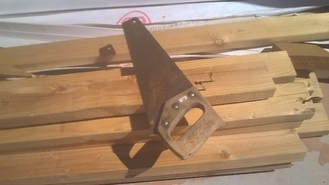 When we started sharing with Hopis and Navajos the relationship between home environment and occupant health, and empowering them to make their homes safer, we soon encountered families where the resources required to remedy their problem were far greater than the family could assemble on their own. This is why we developed the Native Home Resource Network (NHRN). This program allows us to help families assemble the missing resources that are needed to solve their own home health and safety repairs. 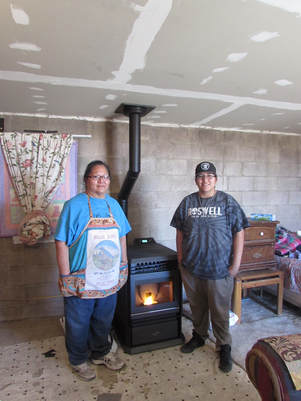 The assistance we provided the Lomabalaquihoya family last winter is a good example of how the program works. Carolyn and Robert had taken our DIY Home Weatherization workshop and received a home weatherization kit that included a CO alarm which they installed. A few months later a cracked coal stove caused poisonous fumes to fill their single room home. Luckily their CO alarm woke Carolyn who was able to awake the other family members and everyone was able to escape safely. Desperately in need of a new stove, Red Feather called around looking for discounts on stoves and created a crowd funding campaign which many of you contributed to. Carolyn and Robert donated several pieces of their magnificent artwork for us to use as thank you gifts and raffle prizes in their fundraising efforts and to help other families. With a discount from Roof Dancers, a Flagstaff stove retailer and installer, and money raised from the crowd funding campaign, the Lomabalaquihoyas had a new energy efficient pellet stove installed before the end of winter. 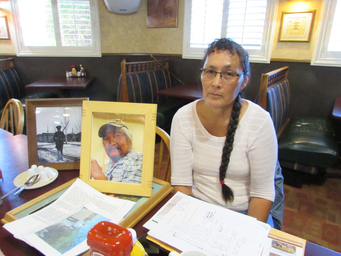 This year Red Feather donated 100% of the proceeds we earned from Arizona Gives Day donations to Lilly Miller, a Navajo elder and Vietnam Veteran’s widow, who is trying to build a new home for her and her family, who are currently living in an old trailer without electricity or running water. Thanks to your donations and the help of a volunteer carpenter who used only a hand saw and a hammer, Lilly has the walls up on her new home. Red Feather continues to help her fundraising efforts to hopefully get a roof, doors and windows installed before the year is over. 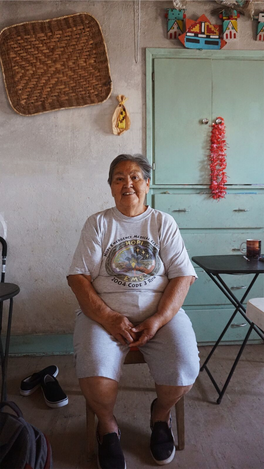 Belva Ann Starkey, a Hopi elder from Sipaulovi Village, suffered severe roof damage in a storm. We are assisting her with assembling the resources she needs to get her roof repaired. So far we have mounted a fundraising campaign and are in discussions with Belva’s church and Hopi tribal agencies who may have some funding to help. Click here to help Belva with a new roof Through this program we also were able to connect volunteers and funding from Wells Fargo, Home Depot, BNSF Railway, Assist to Independence, and a group of students from University of Missouri to Navajo families in need of accessibility ramps. With their collective help and the help of Navajo Department of Veterans Affairs’ Western Agency, Tuba City Chapter and a number of hired local carpenters, we built 9 accessibility ramps. We continue to receive far more requests than we can fulfill and have a growing waiting list of families needing help. Despite our inability to help every family, for those that only need a little assistance, we have been able to help many by loaning tools, connecting them with donated materials, or providing counseling on funding or referring professional resources. We are very grateful to have the funding and support of Sunwest Bank Foundation and Wells Fargo to allow us to deliver this program. And we are very honored to have just been awarded a $35K grant from Federal Home Loan Bank of San Francisco through the sponsorship and support of Mohave State Bank. The funding from these large financial institutions, which have high standards to receive funding, is the result of our having designed this program with the help of the communities being served, and funders seeing the direct impact it is having. Wells Fargo volunteers present a check to Red Feather for $15,000 to build ramps for Navajo disabled and elders.
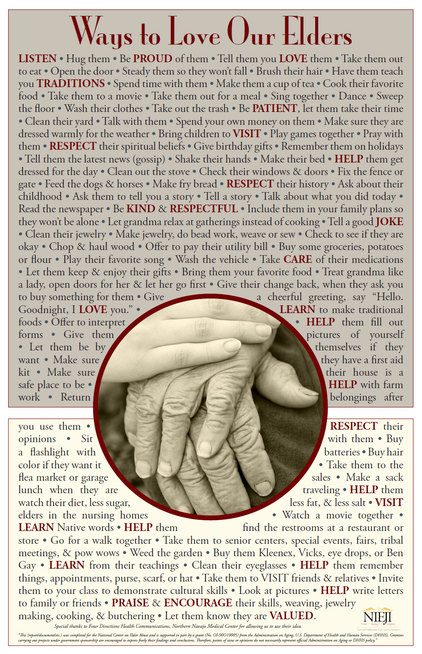 In our last newsletter, we highlighted Red Feather’s recent efforts to help elders live their remaining years in their own homes. The project is enabled thanks to a strong partnership we have with Dr Lisa Jane Hardy and her department at Northern Arizona Univertisty, the Center for American Indian Resilience. We are working together with the Hopi Office of Aging and Adult Services, Village Elder Programs, and interested community members to deliver a pilot of the program across Hopi. Funding was provided through a grant we won from Kendal Charitable Foundation. We are very honored and grateful to have been selected out of nearly 100 applicants for this grant. Our objectives for this pilot are to develop a training that teaches those taking care of elders how to assess homes for aging in place needs and instruct occupants on how to remedy basic problems. After the training, 24 households will receive comprehensive assessments along with $250 to spend on do-it-yourself home interventions, such as mobility and bathroom accessibility enhancements, or measures to improve indoor air quality. Families will also be provided with a series of educational resources that empower them to create healthier living environments. Red Feather plans to leverage our Native Home Resource Network for households that have repairs that go beyond DIY interventions and/or lack the resources to manage their own home repairs. Red Feather believes that community engagement is critical to developing effective programs. In a recent listening session with over 70 Hopi elders we asked about the most pressing housing needs they have that inhibit their ability to age in place. We also asked them to list things that help them to be happy and well in their homes. A few of the highlights from this discussion included: When elders think about the challenges they face they consider structural needs like accessible bathing and mobility ramps in addition to major repair needs like leaking roofs, mold remediation or stove replacement. Bathing can be difficult for all elders, but even more so for those living without running water or electricity in their homes. Walk-in showers, tall toilets, plumbing, grab bars, etc. are needed at public bathing facilities to provide increased independence and safety. Many elders talked about the social aspects of their lives, like having friends and family come to visit, being even more important to aging in place than improvements to the home environment. By Joe Seidenberg Red Feather's Native Home Resource Network (NHRN) links homeowners with resources to address critical health and safety housing needs. Sometimes this is as simple as providing a referral to existing resources like assistance with an energy bill and other times it involves many hours of dedicated case management to resolve more complex health and safety repairs.
Recently, Red Feather has been assisting Jeanette Sahneyah, a Hopi Tribal elder from the Village of Shungopavi, to identify the resources needed to implement critical roofing repairs and mold mitigation on her home. To date, we have been able to develop project plans, identify contractors, secure a $7,500 grant from the USDA, and obtain an environmental health assessment from U.S. Indian Health Services. Additionally, we have another $6,000 available from Arizona Public Service to weatherize the home once the roof has been repaired. However, despite all the resources and progress amassed so far, we still need additional funds to complete the project as planned. This is why we recently launched a crowdfunding campaign to leverage the power of individual giving. We have found that private foundations generally do not fund direct housing repairs due to a preference for focusing on systemic issues of poverty and community development, such as Red Feather’s DIY Educational Programs. While addressing systemic issues is an important focus area, it also ignores the fact that many families need immediate assistance with health and safety issues in their homes. And while most tribal housing authorities are doing all they can to help, they often cannot meet the overwhelming demand for their services. Just as there is a Red Cross to help families and communities with disasters there needs to be services that are responding to emergency housing repair needs. Our hope for the sustainability of this strategy is to build a large enough network that continues to grow. If even a few people are supportive of this effort and in-turn share with their network we are moving in the right direction. Nearly one hundred Hopi tribal employees and community members came out to support their local non-profits at the first ever Hopi Gives Day event in the Village of Kykotsmovi, Arizona on Friday. Red Feather and 2 other non-profit organizations, The Hopi Foundation, and Hopi Education Endowment Fund partnered to host the event to raise awareness about their programs and an annual state-wide fundraising competition that we are participating in called Arizona Gives Day. It is exciting to see our Hopi non-profits collaborating to raise awareness and donations, said The Hopi Foundation’s Executive Director, Monica Nuvamsa. “We can do so much more when we work together”, she added. The event was held at the Kykotsmovi Community Building and included door prizes, food, music from local musician Ed Kabotie, and information from the 3 non-profits about their programs. Chairman of the Hopi Tribe, Herman Honanie, was in attendance and sent an email to all tribal government employees that day encouraging them to support their local non-profits who are participating in Arizona Gives Day. Arizona Gives Day, which falls on April 4th this year, has raised over $7.4 million for Arizona nonprofits since 2013. Arizona non-profits, which account for 325,000 jobs and nearly 10% of the state’s annual income, are competing for cash prizes totaling $175,000 this year. “We are grateful to our partners APS, Hopi Cultural Center, Hopi Kokopelli Inn, and Hopi Telecommunications for sponsoring the event,” said HEEF Executive Director LuAnn Leonard. She continued, “Non-profits, businesses, and community members all working together is a beautiful thing that strengthens our collective ability to answer the needs of our people. While Arizona Gives Day is intended to benefit Arizona non-profits, all Red Feather supporters are encouraged to participate because stronger programs serving Hopis and Navajos in Arizona will allow us to more quickly bring those programs to Tribes in other states. Red Feather realizes that many of you recently made gifts during our annual appeal. If you are able to make a gift at this time, it would be very much appreciated. If you aren’t, we understand, and ask that you please consider sharing our work with a friend so that they might become involved. Our strength is dependent upon sharing the load. You and your friends can make gifts on or before April 4th at azgives.org. You can always give to Red Feather at www.redfeather.org. Thank you! By Mark Hall 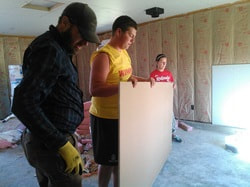 This summer, Red Feather worked with partners to host two hardworking crews of young adults who fixed up 90 Northern Cheyenne homes. You may recall last summer we partnered with St Labre Indian School and Catholic Heart Work Camp to paint, build wheelchair ramps, and perform other maintenance and safety repairs on 40 Northern Cheyenne Homes. This summer those same organizations and even more volunteers did similar work on 47 homes. And if that wasn’t enough, a few weeks later another group of volunteers from Group Work Camp came and were able to similarly fix up 43 homes. That's 90 homes improved in 2 weeks! “These repair blitz’s take a lot of coordination and planning, but so much work gets done in such a short amount of time, we’ll do anything we can to help”, said John Marian, one of the head “trouble-shooters” for both weeks. “My job is to make sure the numerous workgroups have the tools and materials they need, understand the approach to take, and are following safety procedures…oh and having fun too,” he added with a smile. Northern Cheyenne’s Housing Improvement Program was instrumental in helping to prioritize the projects and coordinate their successful completion. This marks another important example of how, by partnering with tribal agencies, Red Feather can bring resources from outside the tribe to help meet their needs. We are grateful to have such hardworking and caring partners. |
Archives
June 2023
Categories
All
|
|
Change your mind at any time by clicking 'unsubscribe' in any email you receive or by contacting us at [email protected]. We will treat your information with respect. For more information about our privacy practices please see our privacy policy. By clicking above, you agree that we may process your information in accordance with these terms.
In compliance with all GDPR requirements- you can request any data you’ve shared with Red Feather to be permanently deleted from our records by contacting us at [email protected]. |
WORKING WITH HOPI AND DINÉ
COMMUNITIES FOR HEALTHIER AND SAFER HOMES.
LAND ACKNOWLEDGEMENT: The Red Feather program office sits in an area that is sacred to over 14 local tribes, including the Diné, Hopi, Havasupai, Hualapai, Zuni, Pueblo, and Kaibab-Paiute peoples. Some of these nations are represented among the Red Feather staff, and some not. We humbly acknowledge this area’s Indigenous nations, original stewards and Native descendants who will forever know this place as home. We share a responsibility to recognize and acknowledge the people, cultures, and histories that make up our community. *Adapted from the Flagstaff City Council land acknowledgement developed by the Indigenous Commission

If you have a disability that limits your ability to access our facilities, please contact us so we can arrange for an alternative meeting location. See our ADA access plan here.
This institution is an equal opportunity provider. |

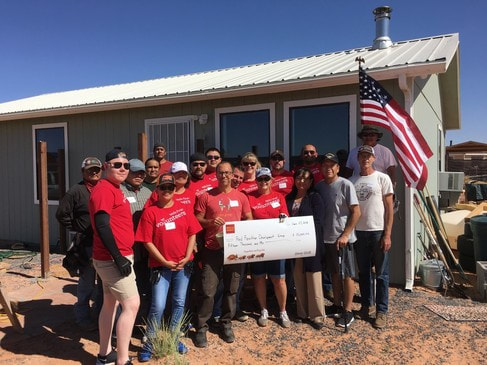
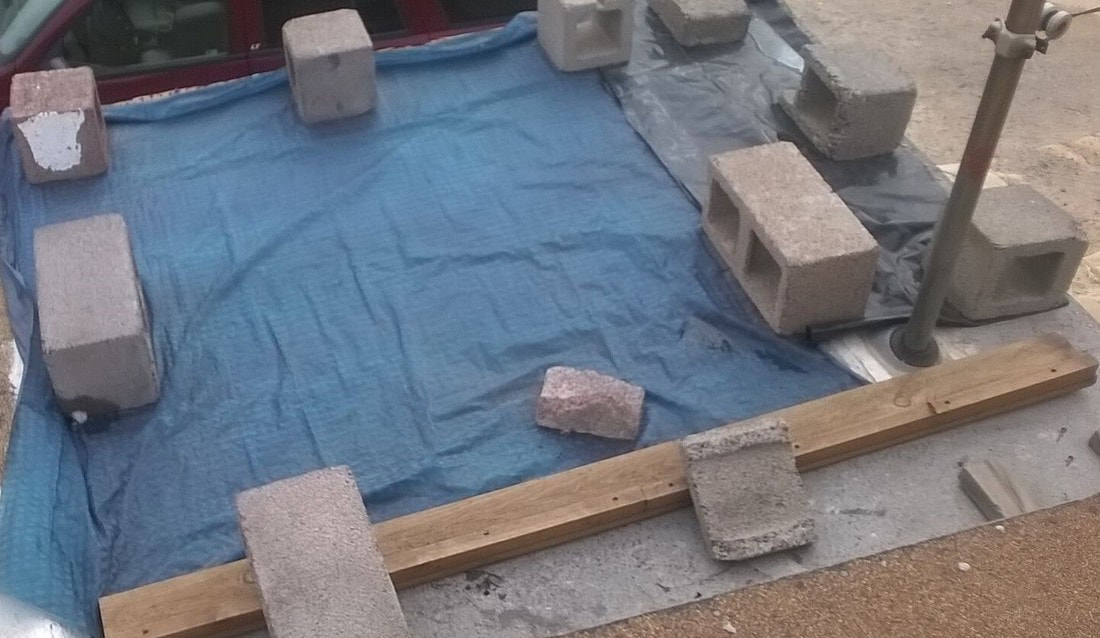
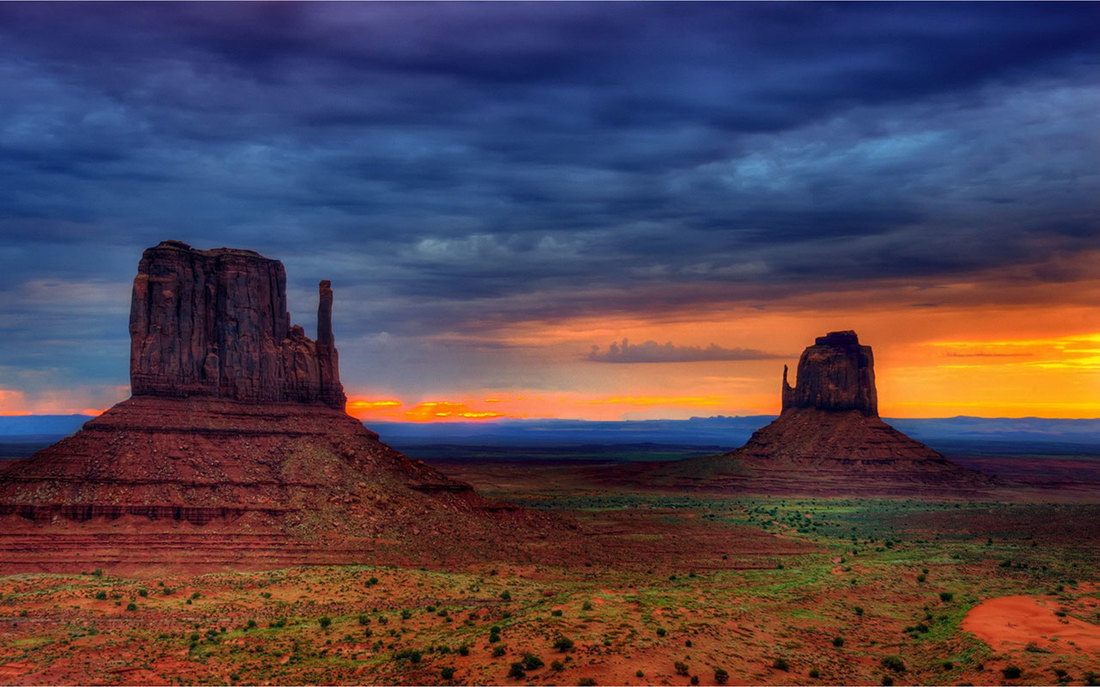
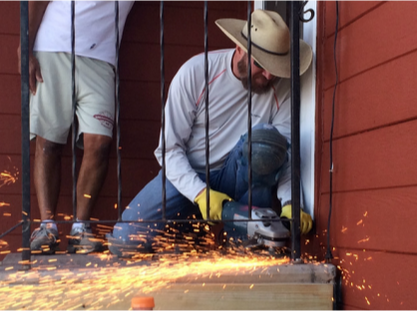
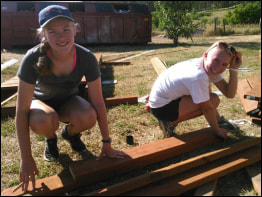
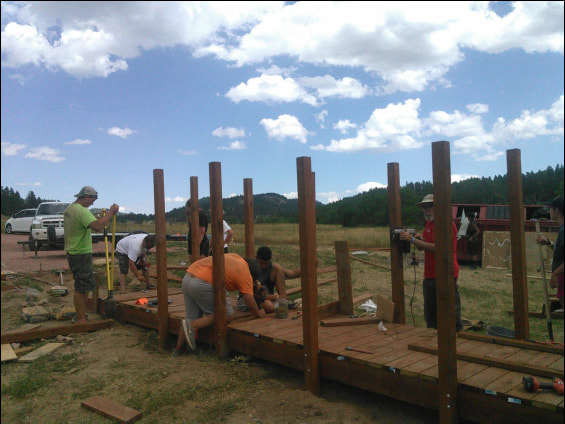

 RSS Feed
RSS Feed

